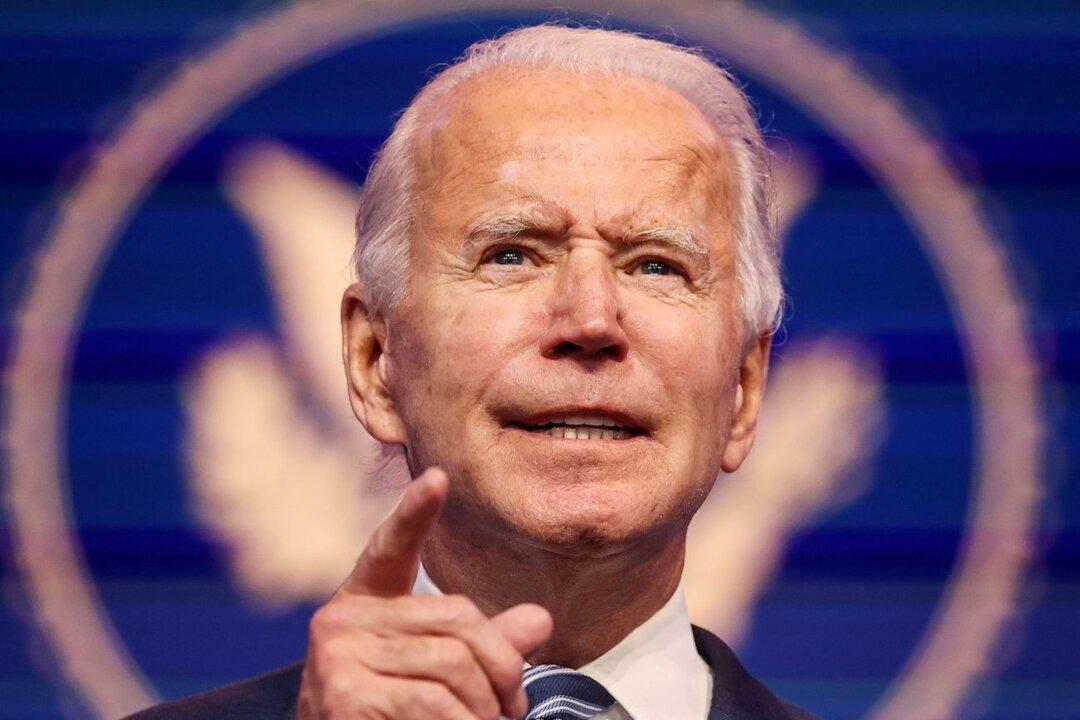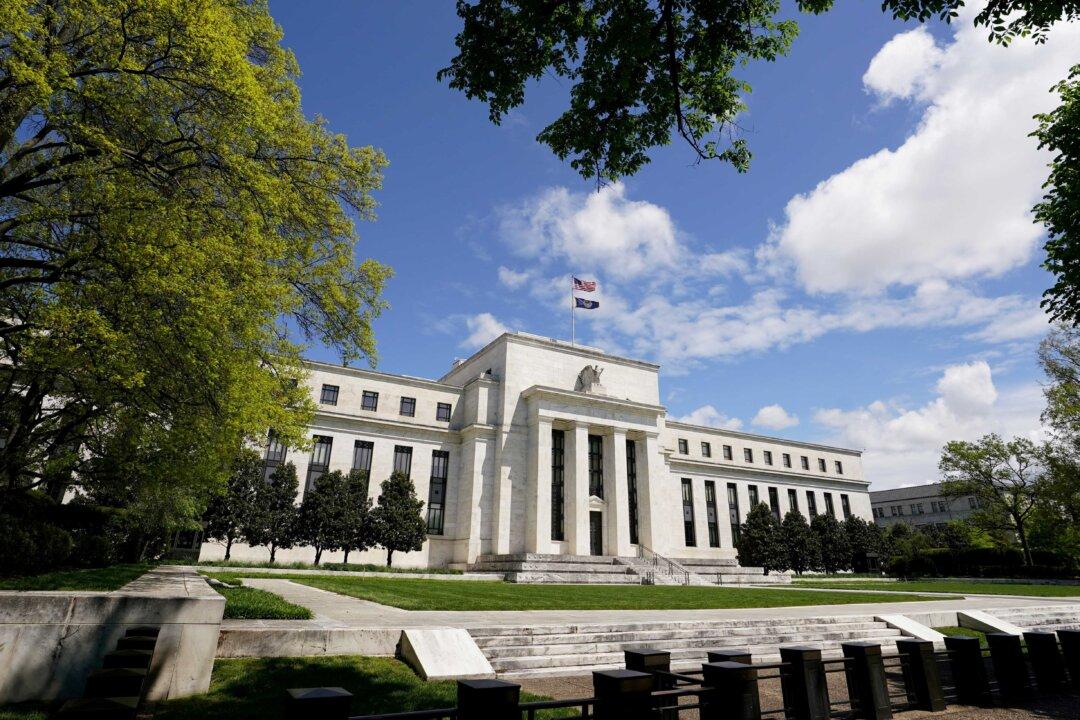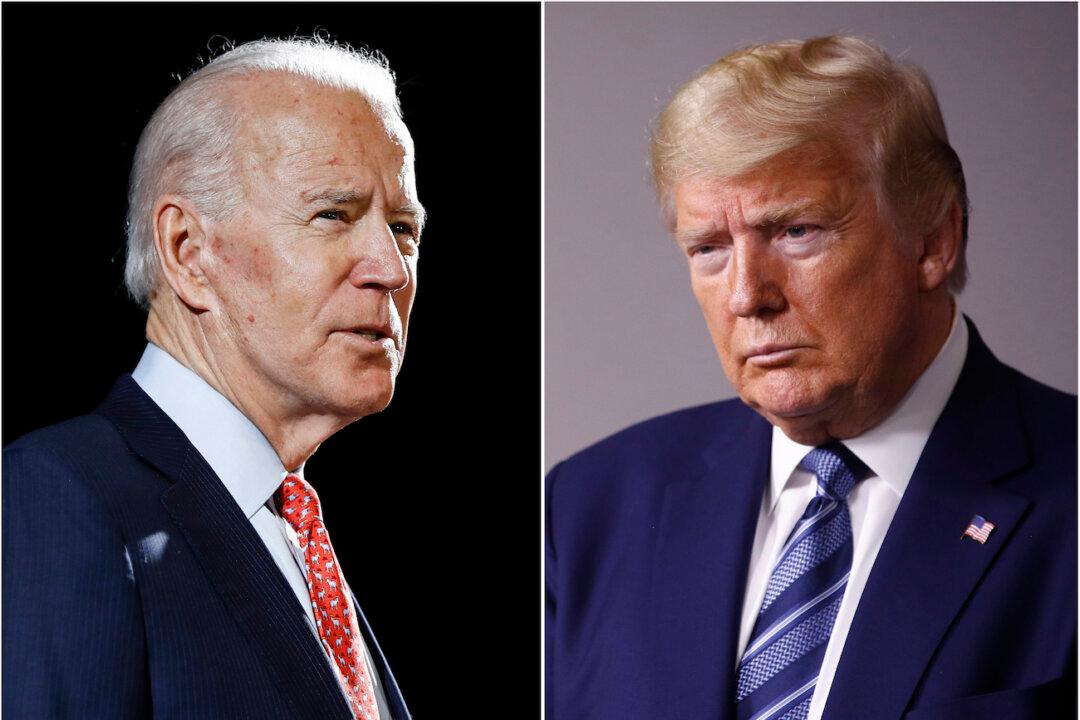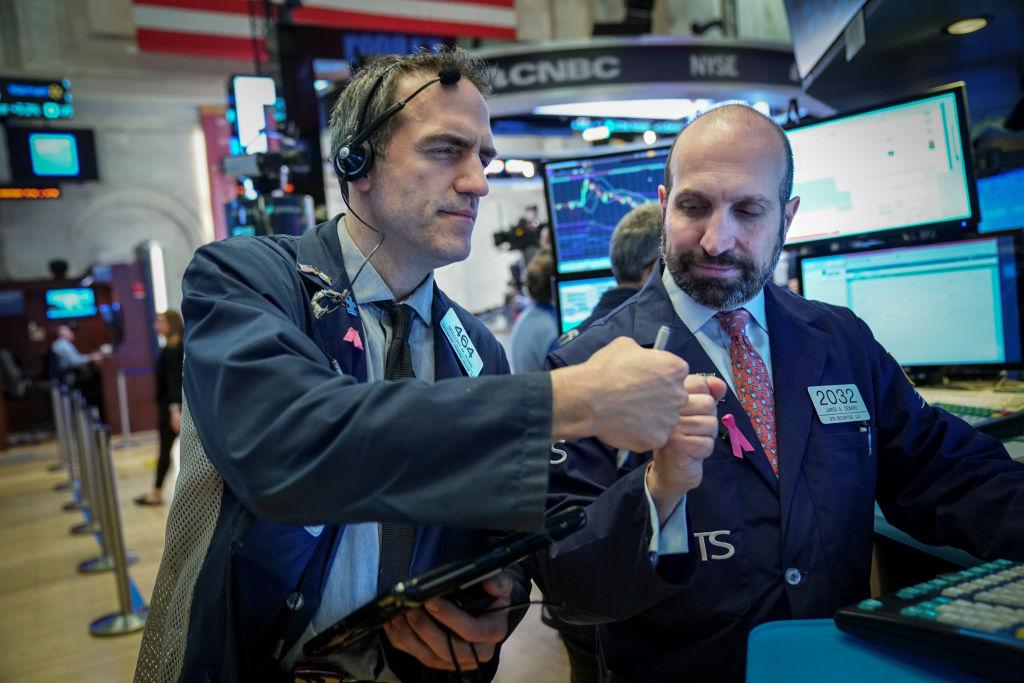Commentary
Presidential nominee Joe Biden wants to raise the minimum wage to $15 per hour. Biden says that all workers should be able to earn a living wage. Setting the federal minimum at $15, he notes, would raise the pay of nearly 40 million Americans. Biden says this is the fair thing to do.





